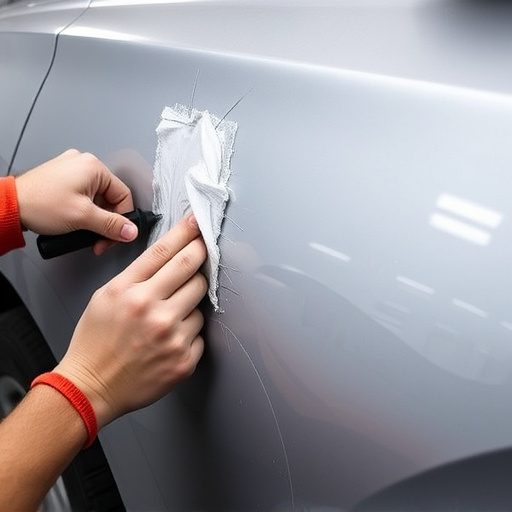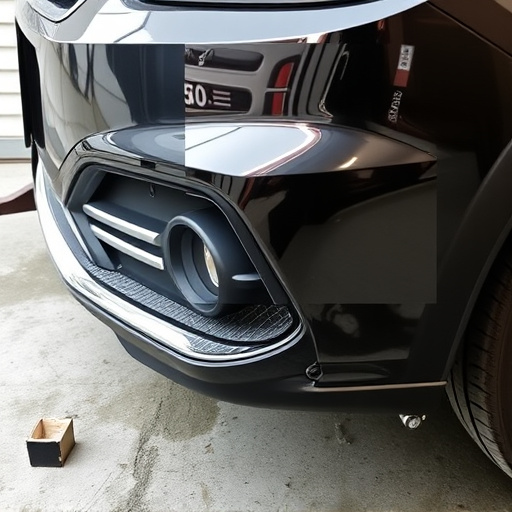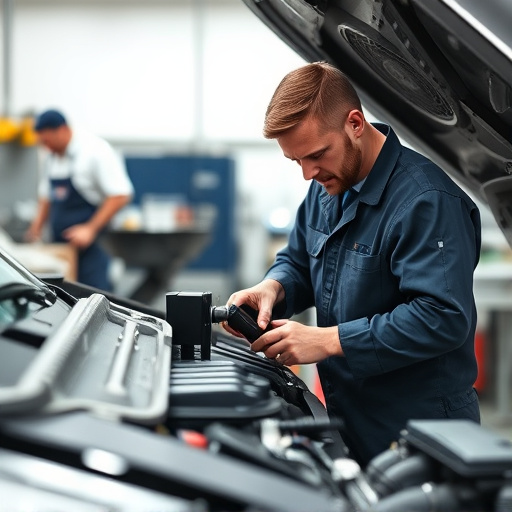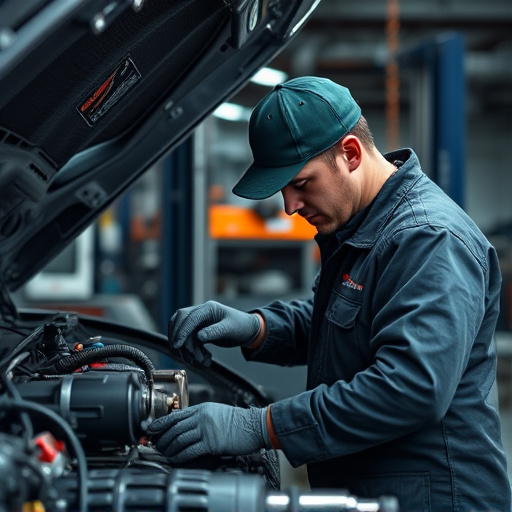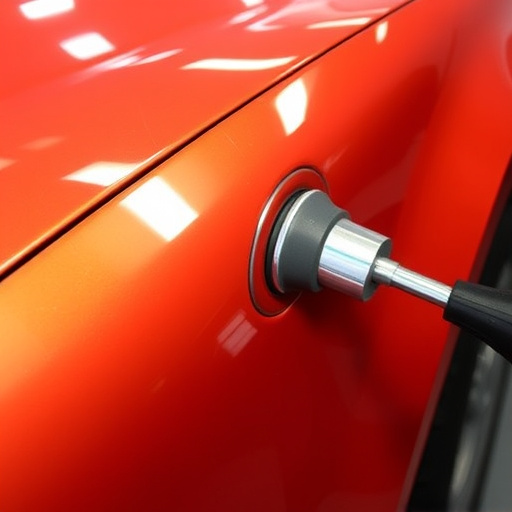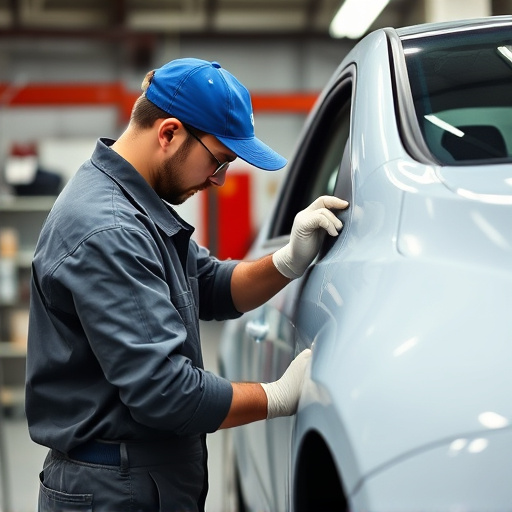A Repair Authorization Service (RAS) is a vital intermediary in the car repair process, facilitating efficient communication and coordination between owners, repair shops, and insurance providers. By managing documentation, approvals, and tracking progress with unique reference numbers, RAS streamlines repairs for various damage types, from bodywork to aesthetic enhancements. Its digital platform enhances accountability, transparency, and customer satisfaction while boosting collision repair center productivity and timeliness in returning vehicles to top condition.
Staying on top of repair progress is essential for efficient operations and customer satisfaction. This is where Repair Authorization Services come into play, offering a structured approach to managing repairs. In this article, we’ll explore the fundamentals of these services and how they streamline the tracking process. From real-time updates to comprehensive reporting, learn how repair authorization services enhance visibility, reduce delays, and ultimately, improve overall repair management.
- Understanding Repair Authorization Services: The Basics
- How a Repair Authorization Service Tracks Repair Progress
- Benefits of Utilizing a Repair Authorization Service for Efficient Tracking
Understanding Repair Authorization Services: The Basics

Repair authorization services play a pivotal role in streamlining the car repair process, offering a systematic approach to managing and tracking repairs efficiently. These services act as intermediaries between vehicle owners, repair shops, and insurance providers, ensuring smooth communication and coordination throughout the repair journey. By implementing a structured framework, they facilitate the documentation, approval, and monitoring of various types of car damage repairs, including car bodywork, car scratch repair, and other aesthetic or mechanical enhancements.
At its core, a repair authorization service involves obtaining written permission from an insurance company or a client to proceed with specific repair work on a vehicle. This process begins when a repair shop identifies necessary repairs, whether it’s addressing minor car scratches or extensive car bodywork damage. The shop then submits a detailed estimate outlining the scope of work and associated costs. Upon approval, the service provides a unique reference number for tracking purposes, enabling both parties to monitor progress and ensure accountability.
How a Repair Authorization Service Tracks Repair Progress

A Repair Authorization Service (RAS) tracks repair progress by facilitating seamless communication between various stakeholders – clients, mechanics, and insurers. When a client initiates a repair process, whether it’s for car body repair, auto body painting, or vehicle dent repair, the RAS generates an authorization code that serves as a unique identifier for the specific job. This code is shared with all involved parties, enabling real-time updates on the repair status.
The service ensures transparency throughout by recording every stage of the repair process – from initial assessment to parts procurement, actual repairs, and quality control checks. This digital tracking system not only keeps clients informed but also helps mechanics adhere to authorized procedures, while insurers can efficiently manage claims and reimbursement processes. The RAS’s centralized platform allows for easy access to repair records, enhancing efficiency and ensuring accountability in every vehicle repair.
Benefits of Utilizing a Repair Authorization Service for Efficient Tracking

Utilizing a repair authorization service offers numerous benefits for businesses in the automotive industry, especially when it comes to tracking repair progress. This centralized system streamlines the process by providing a clear and comprehensive overview of each vehicle’s repair status. It enables efficient communication between clients, repair centers, and authorization providers, ensuring everyone is on the same page. With real-time updates, stakeholders can monitor the advancement of tasks like paintless dent repair or vehicle restoration, enhancing transparency and customer satisfaction.
Moreover, a repair authorization service acts as a powerful tool for collision repair centers to manage their operations effectively. It allows them to allocate resources wisely, prioritize tasks, and meet deadlines promptly. By automating certain processes, these centers can reduce administrative burdens, focus on delivering quality services, and ultimately enhance overall productivity, ensuring customer vehicles are returned to top condition in a timely manner.
A repair authorization service (RAS) is transforming how businesses and individuals track repair progress, offering enhanced efficiency and transparency. By leveraging RAS, stakeholders can streamline communication, reduce delays, and improve overall service quality. This technology-driven approach ensures everyone involved has real-time updates, fostering a more effective and responsive repair ecosystem. Embracing RAS is not just a step towards modernization; it’s a strategic move to elevate customer satisfaction and operational excellence.

